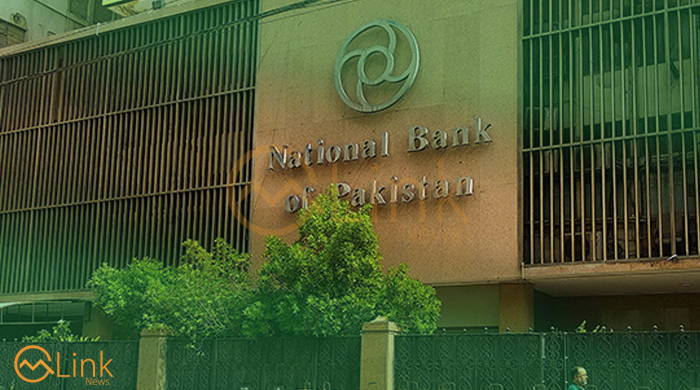Circular debt comes back repeatedly to haunt Pakistan and the elected government every five years. Despite multiple bailouts and trying every trick in the book, the previous government and those before it have failed – that too miserably – to root out this menace.
The situation remains precarious as debt has risen to alarming levels, already having crossed the Rs 1 trillion mark. This has become an Achilles heel for each and every government that assumes power in Islamabad since it requires bold and electorally unpopular decisions.
The problem complicates even further since the majority of it is emanating from the power sector. Pakistan has struggled to meet its power generation goals since times immemorial; however, previous government with overwhelming help from China made significant headway in production. But the issue of power debt remains tangled. Most of the receivables are still pending – Rs638 billion from the private sector alone – according to those with knowledge on the issue.
The chained public sector entities supplying and buying the energy to generate power are bleeding on both ends. On one hand, the government is offering subsidies to provide energy at cheaper rates to produce electricity, whereas on the other hand companies have suffered Rs89 billion in losses because of governmental delays in notifying the tariff of electricity. Additionally, there are the perennial issues such as recoveries from consumers, line losses and electricity thefts. The outright inefficiency of public sector institutions is at display at its worst.
Economic Coordination Committee (ECC) on the Monday notified on the outstanding tariff determined by the NEPRA raising average electricity prices by Rs2 per unit. The meeting also ordered to conduct another audit of the power sector. Another meeting to be held on Wednesday chaired by Prime Minister Khan would decide the percentage of increase to be absorbed by the government in the form of subsidy.
In retrospect, it can be seen that that majority of the problems pushing the circular debt arise from government’s inefficiencies in adopting and enforcing policies. The new government must undertake specific policies and programs to improve the governance and performance of energy sector entities to decrease costs and increase cash flow. The government should also takes measures to introduce regulatory independence in NEPRA to allow it to move from the single-buyer to more competitive environment. It also reduce the friction between the provincial governments, Central Power Purchasing Agency and the DISCOs need to be resolved over tariff and subsidy disputes, either by negotiations or arbitration.
Whatever the outcome of Wednesday’s ECC meeting, the government must address this issue of ‘circular debt’ with utmost sincerity take to take bold and long-term decisions. This requires efforts all members in the debt chain and prudent policy on government’ part. If not, then the customers would continue to be overbilled for government’s inefficiencies and outmoded policies that have crippled the economy.
Copyright Mettis Link News
22938







